By traveling to exciting new places, confronting phobias might turn into a thrilling adventure. Explore five sites people can visit to overcome fears such as heights or the dark.


By traveling to exciting new places, confronting phobias might turn into a thrilling adventure. Explore five sites people can visit to overcome fears such as heights or the dark.

Trypophobia describes the fear of clusters of holes. While it’s not officially recognized, many are convinced they have it.
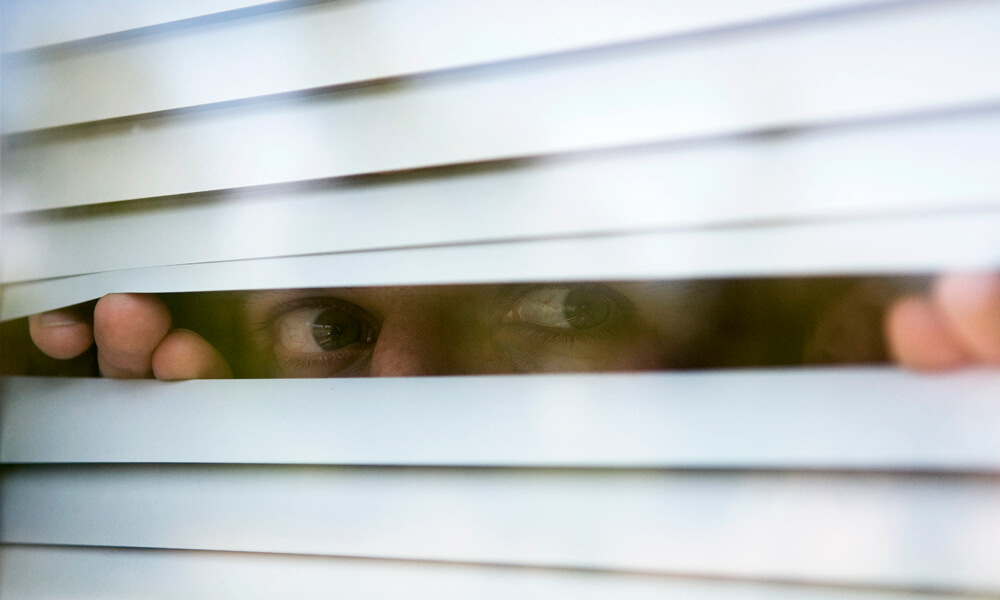
Your fear response starts in your brain but quickly spreads through your body—affecting your thinking, heart rate, breathing, muscles, digestion, and more. Fear is normal and helpful, but it can become anxiety if your fear response kicks in when no threat is present. Read this article to learn more about how fear works, how it differs from anxiety, and when fear may be negatively affecting your life.

Like it or not, artificial intelligence is here to stay–and it is making its way into every part of our lives. With self-driving cars using A.I. to make split-second steering decisions, A.I. helping to sort job and college applications, and companies using A.I, to sway customer behavior, a lot of people are growing fearful of the technology. People used to fear monsters in the darkness, but in modern times, some of our scariest monsters are lines of code in a machine.

Fear may be able to spread from person to person—just like a virus. Recent studies have indicated that humans can smell fear and disgust in the body odor of those nearby, causing the part of their own brain that processes those emotions to become active.
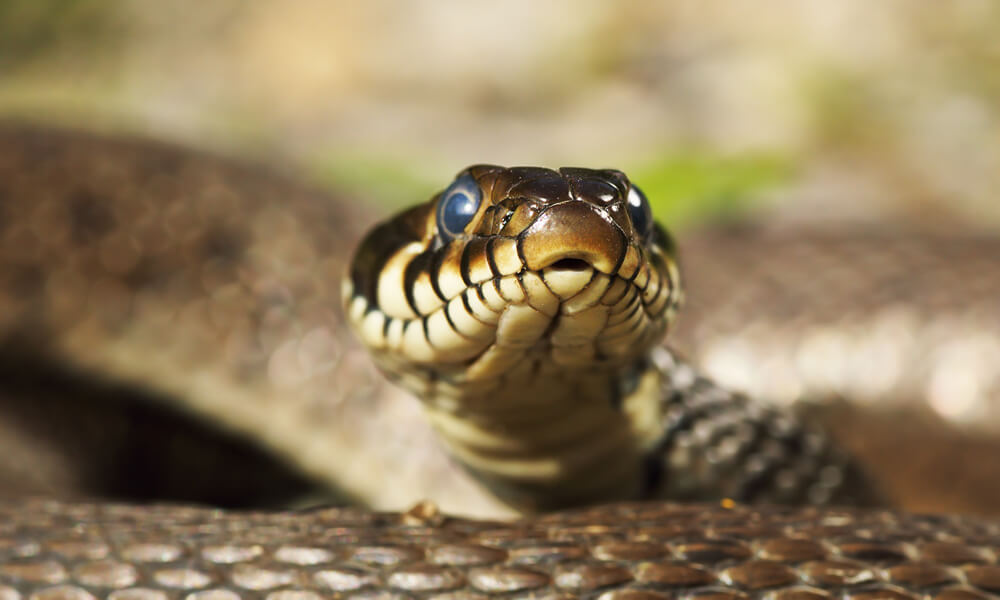
A middle-aged woman—known as SM—blithely reaches for poisonous snakes, giggles in haunted houses, and once, upon escaping the clutches of a knife-wielding man, didn’t run but calmly walked away. All because a rare kind of brain damage precludes her from experiencing fear of any sort.
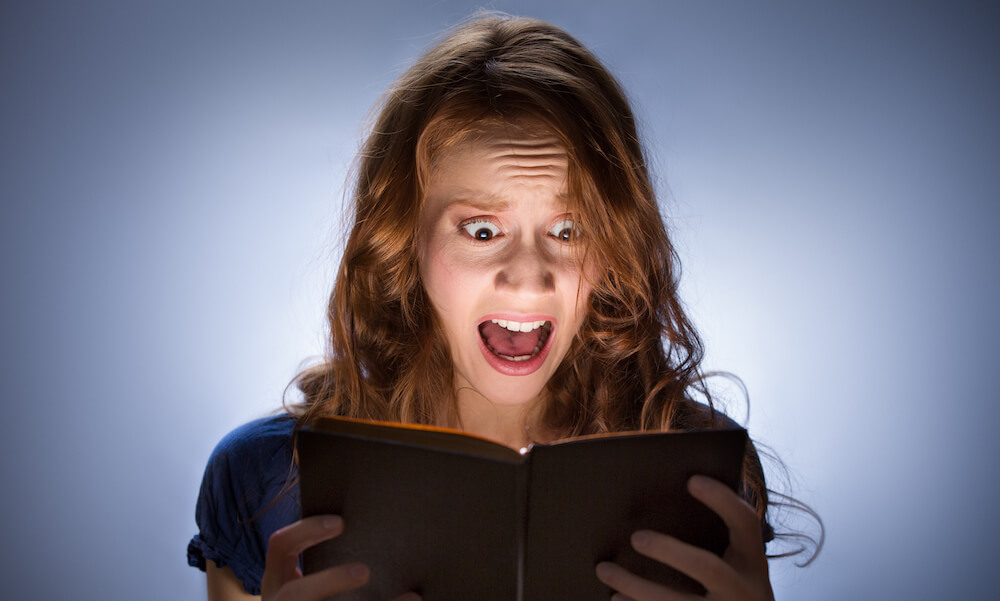
Read about the story behind one of the most banned books for children.

You may have heard of ‘Gothic horror,’ but do you know what makes a story ‘Gothic’ or not? This resources provides a quick, high-level breakdown of key elements, themes, and techniques that can earn a story the label of ‘Gothic,’ as well as a few examples of famous Gothic horror stories you can read on your own.
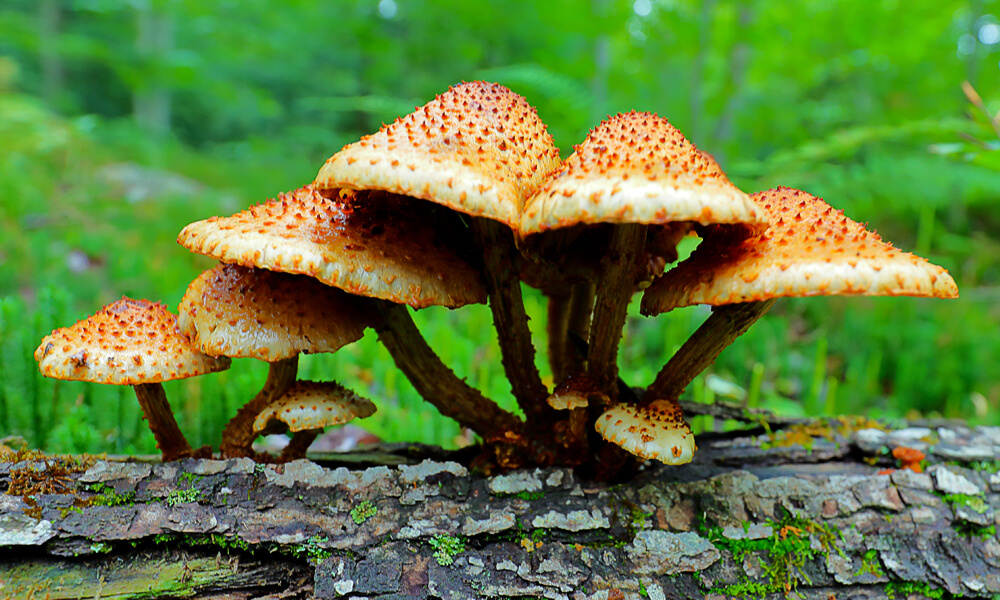
There’s been a lot of fungus talk in the news after the popular Last of Us video game became a popular TV show. In the show, people are turned into zombies by a new form of fungus that takes over their brains. And guess what? It’s real! Well, sort of–it’s only real for insects. Should we be worried? Or do fungi do more to help humans than harm them?
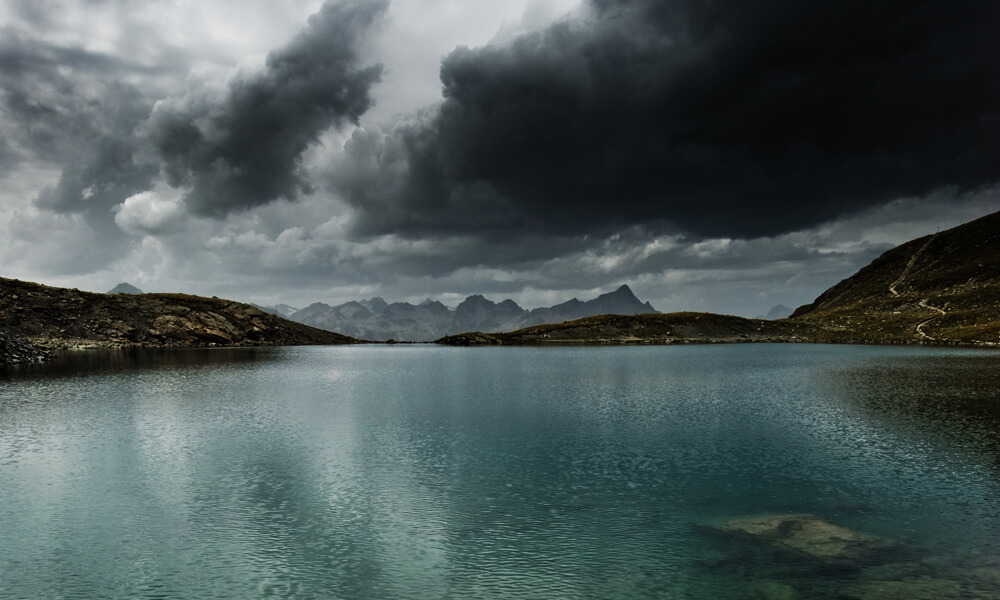
Many people know Edgar Allen Poe for his short stories, but did you know he was a poet, as well? Many of his poems play with the same themes as his stories, including one he dedicated to an unknown person and that scholars believe was written about a real-life haunted lake…
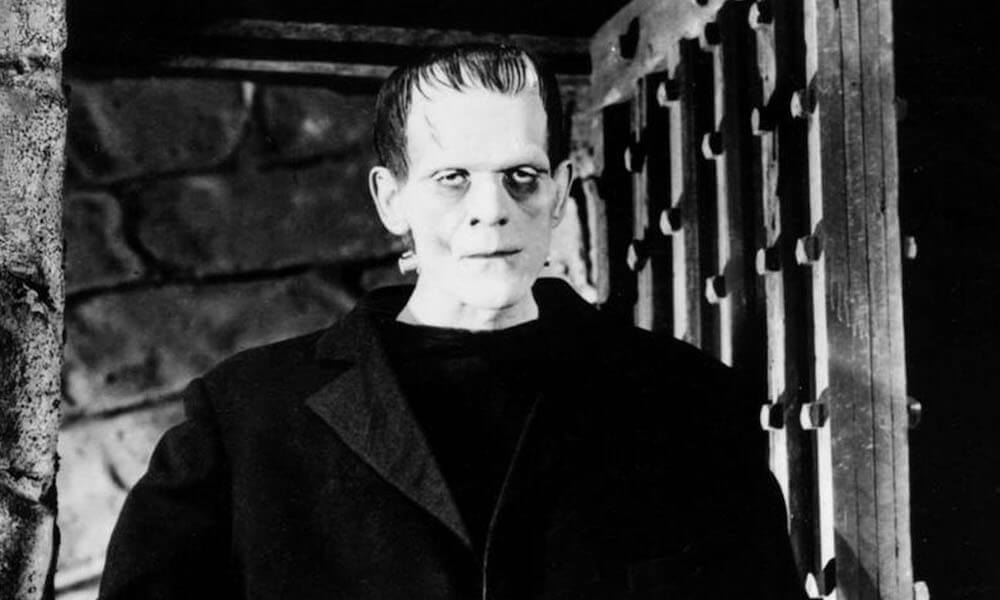
Read one author’s take on our “age of fear” and the rise of the zombie.
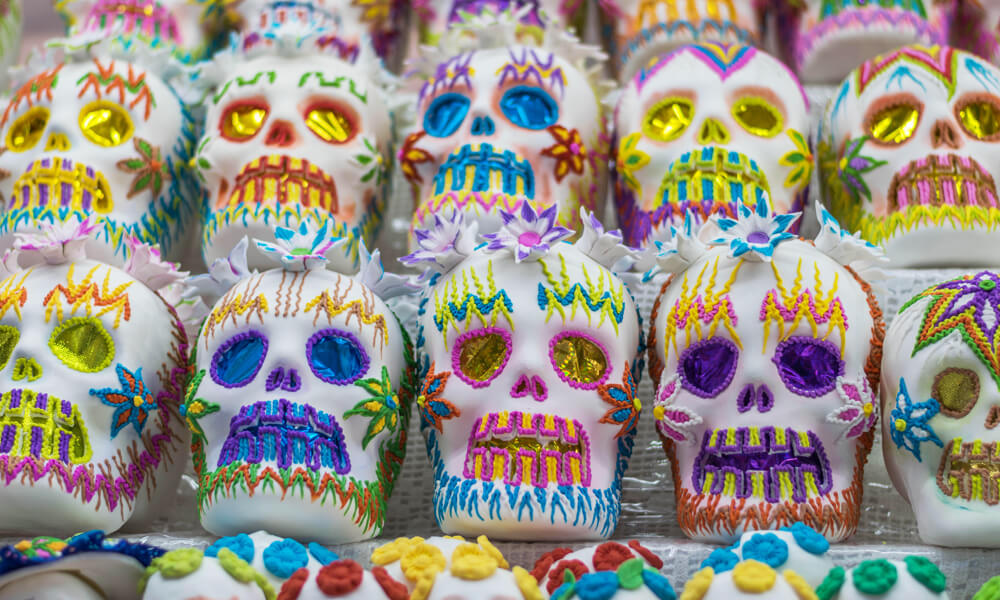
Often, the best way to deal with a fear is to confront it directly. That is why so many cultures have holidays dealing with the idea of our mortality. Learn more about the Mexican Day of the Dead festival–el Día de los Muertos–that takes place every November 1st and 2nd.
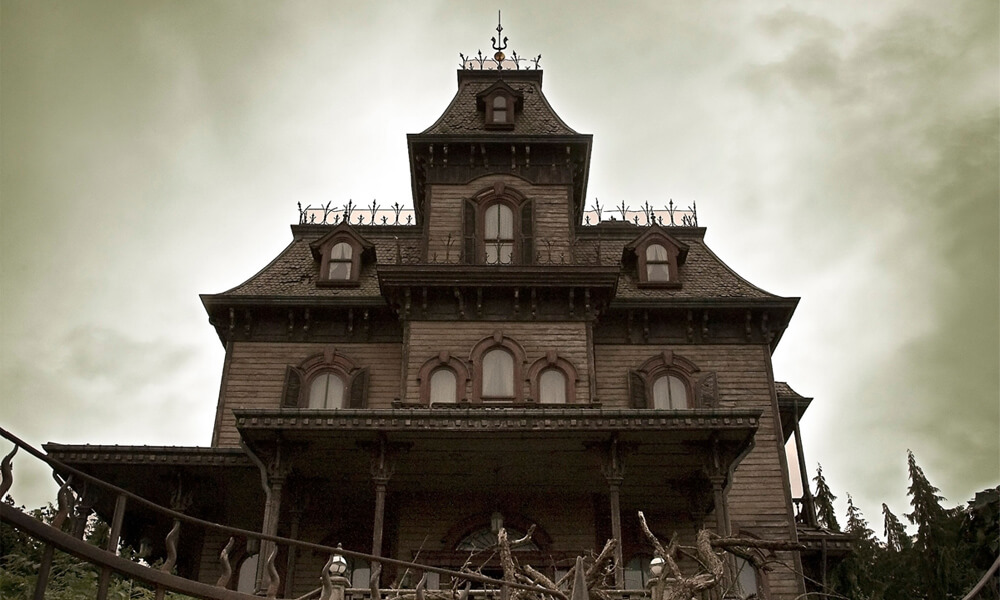
Every year in America, nearly 30 million people visit haunted houses and horror movies bring in over half a billion dollars at the theater. Why do people like to be scared? Watch this video with Margee Kerr about the biology and psychology of being scared—and why being scared can be a good thing.

Sometimes it’s best to avoid something you’re afraid of, especially if it’s dangerous. Visit this site to learn about one of the world’s most dangerous sports, cliff diving. Discover some of the sport’s basics, its most famous locations, and why it’s a good idea never to attempt it.

Being frightened can feel stressful, agonizing, or even exciting. But does it serve a purpose? This article explains how fear has helped humans survive and thrive.
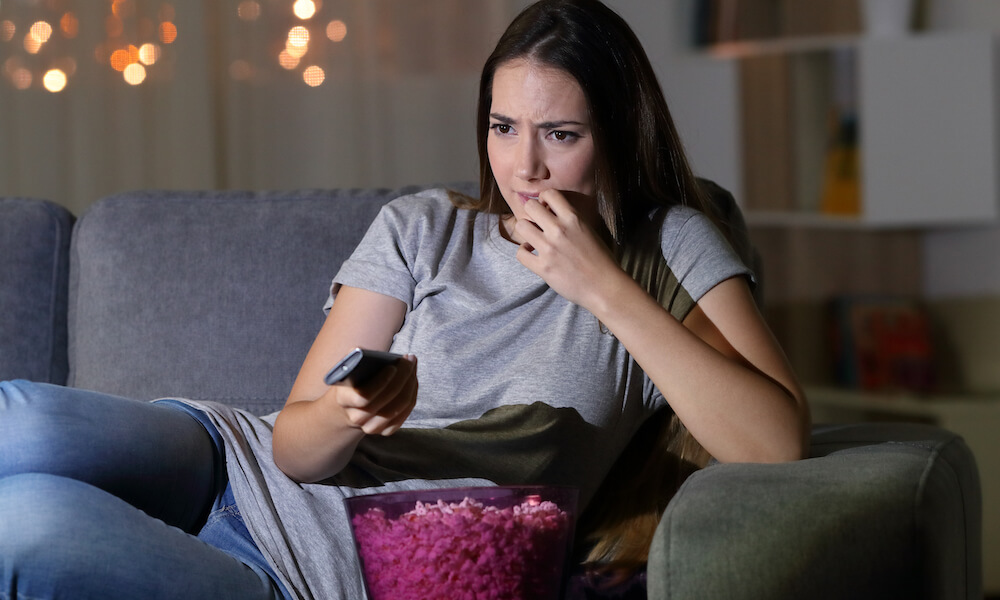
Are horror movies not your thing? Don’t despair, because there could be hope for you. Read to learn how to foster your love of horror.

Watch the video to learn more about the tricks horror movie directors may use to terrify you.

People’s varying fears and fear responses mean that any methodology used to find “the scariest movie” is going to be flawed. Read on to learn more about the trials and errors made in scientists’ quest to find the scariest movie.
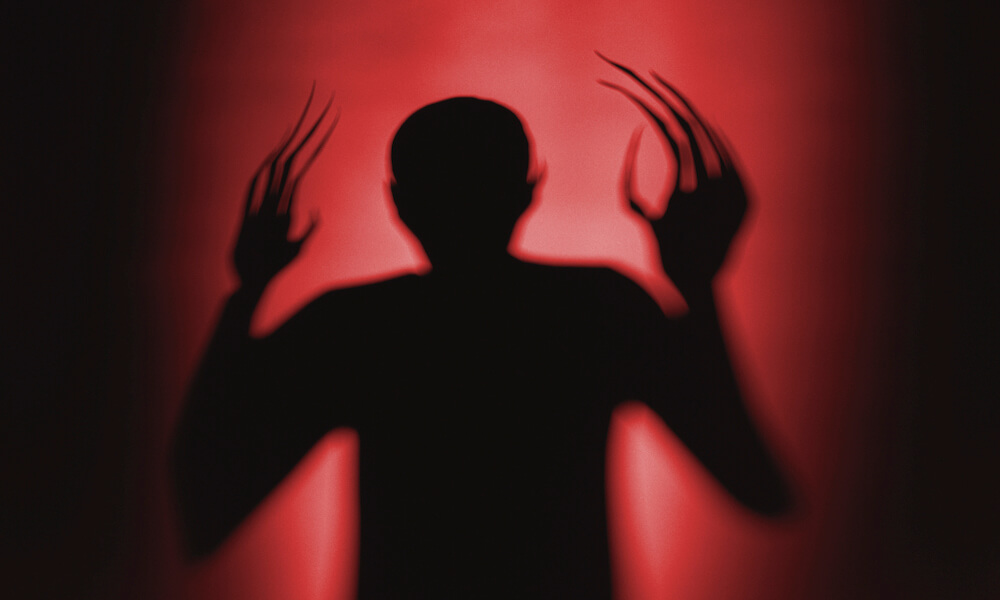
Count Dracula, Nosferatu, the Cullens. What do they have in common aside from a shared aversion to sunlight? Their roots could be traced to similar vampire panics and folklore. Click to read more.

Do you know the difference between fearing something and worrying about it? How do things that probably won’t do us any harm come to symbolize threats? This commentary from Joseph LeDoux, the director of the Emotional Brain Institute and a professor of neural science, describes the problems that arise when fear turns to anxiety.